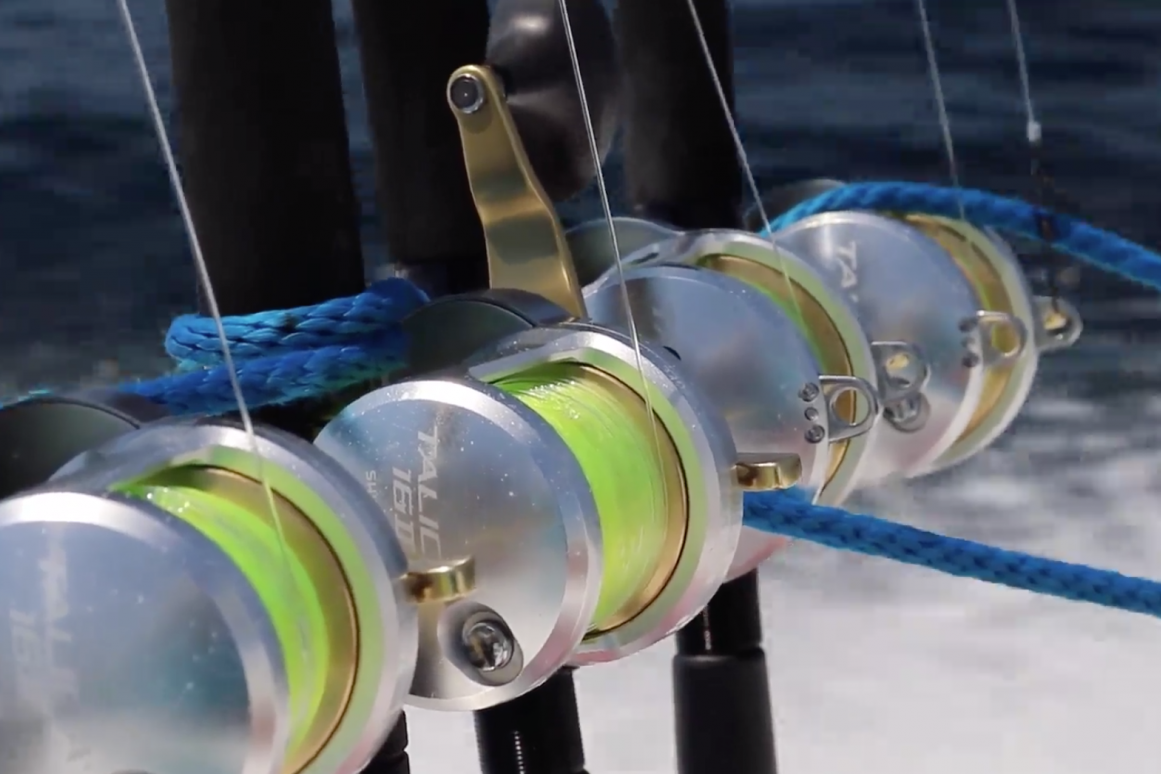HRI played key role in new federal recreational fishing legislation

CORPUS CHRISTI, Texas — The House and Senate have passed a monumental effort to modernize fishing marine policy in America into law, an effort that HRI scientists and policy experts have worked on behind the scenes for more than four years.
Current federal laws have never properly addressed the growing recreational fishing industry. The Modern Fish Act (MFA) recognizes for the first time that the recreational fishery must be managed differently than the commercial fishery, and takes steps to provide clear, science-based conservation standards and tools for regional fisheries management.
Recreational fishing is one of the most popular outdoor activities in the United States and an essential part of the lifestyle in many Gulf Coast communities. That love of the outdoors also translates into big business: America’s 11 million saltwater anglers have a $63 billion economic impact annually and generate 440,000 jobs nationwide.
Both HRI’s Senior Executive Director Dr. Larry McKinney and HRI’s Endowed Chair for Fisheries and Ocean Health and Director of HRI's Center for Sportfish Science and Conservation Dr. Greg Stunz made significant contributions to newly adopted federal legislation known as the Modern Fish Act.
McKinney chaired the Morris-Deal Commission, whose 2014 report, “A Vision for Managing America’s Saltwater Recreational Fisheries Management,” which has been recognized as the foundation to much of the MFA.
The priorities of the recreational fishing and boating community were identified and presented to federal policy makers in 2014 by the Commission on Saltwater Recreational Fisheries Management in a report “A Vision for Managing America’s Saltwater Recreational Fisheries.” Four years later, many of the recommendations of the Morris-Deal Commission are found in the Modern Fish Act, according to Jeff Angers in a recently released press release by the Center for Sportfishing Policy.
Both McKinney and Stunz testified before Congress on provisions of the MFA and McKinney briefed legislators and staff in events sponsored by the Congressional Sportsman’s Foundation on several occasions.
“This is a great example of the HRI model fully executed,” McKinney said. “We worked closely with saltwater anglers and resource managers to identify key issues; focused the best available science and experience on developing management options; and, worked with political and policy leaders to turn that science into legislation. Now we have to help turn that legislation into positive action."
HRI’s Center for Sportfish Science and Conservation is the first research center in the western Gulf of Mexico dedicated to providing key science-based information that supports sustainable management of the Gulf’s recreational fishery.
Learn more about the Center for Sportfish Science and Conservation
